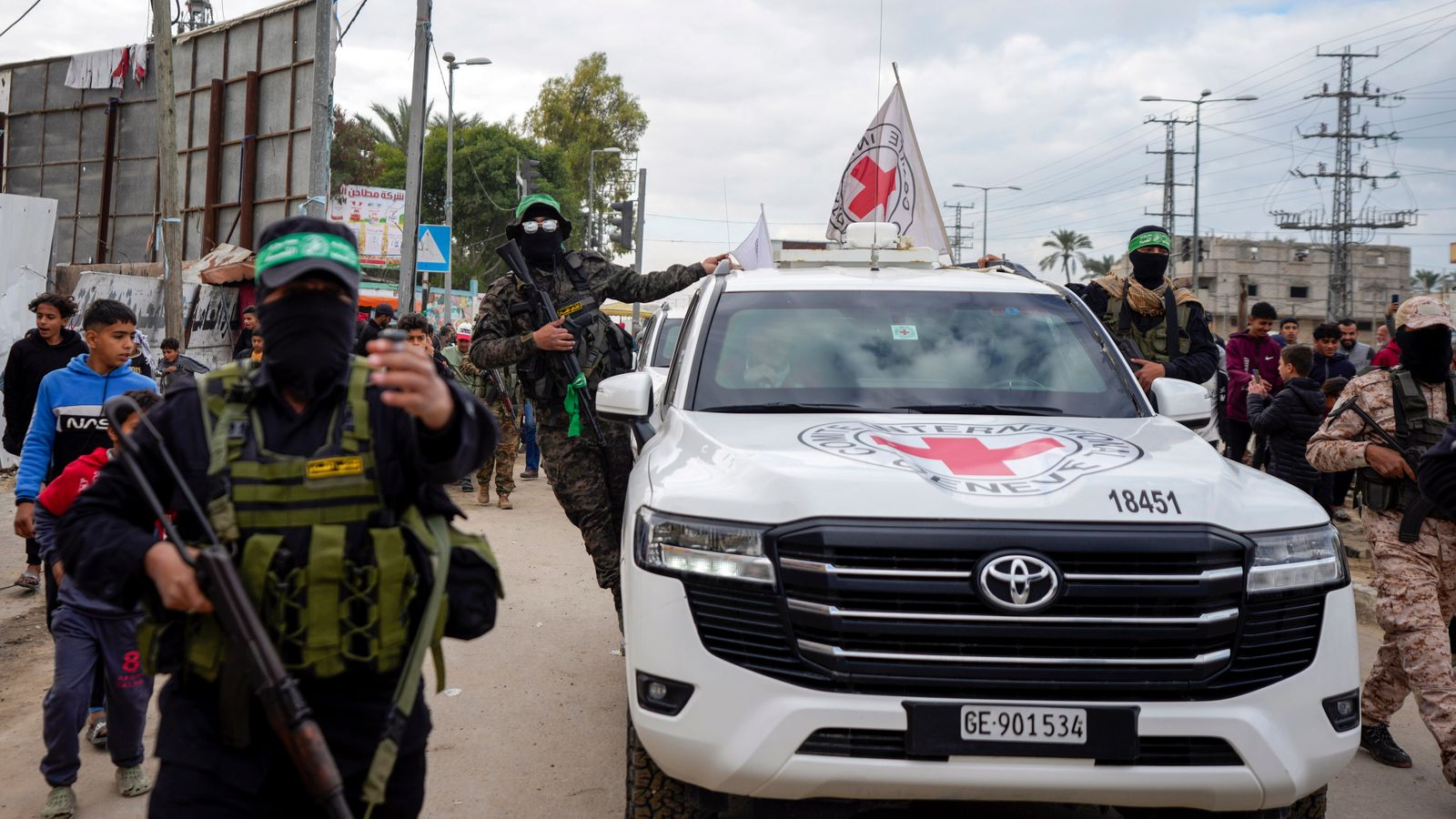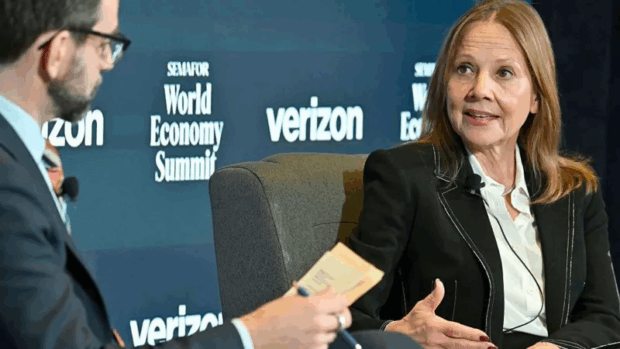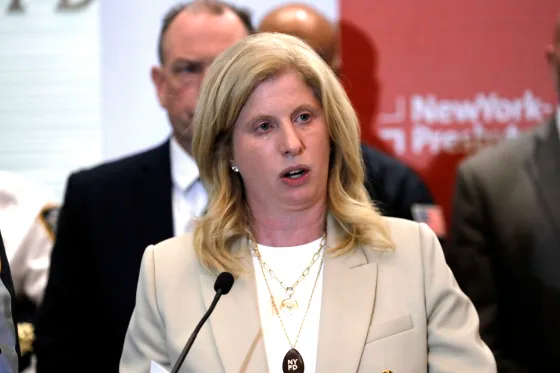
Hamas announced Thursday it will proceed with scheduled hostage releases as part of the ongoing ceasefire agreement with Israel, walking back its earlier threat to suspend the exchanges indefinitely.
The Palestinian organization issued an official statement confirming it would “continue its position of implementing the agreement according to what was signed, including the exchange of prisoners according to the specified schedule.” This development follows discussions with mediating nations Qatar and Egypt, which Hamas described as having a “positive spirit.”
The announcement represents a shift from Hamas’ previous position, where it had accused Israel of violating ceasefire terms by allegedly firing on civilians, impeding humanitarian aid delivery, and restricting movement to northern Gaza. Senior Hamas official Bassem Naim indicated to NBC News that “positive signs of an agreement” existed regarding ceasefire maintenance.
As of press time, the Israeli government had not responded to Hamas’ latest statement.
The January 29 ceasefire has faced increasing pressure this week, coinciding with President Donald Trump’s proposal regarding Palestinian displacement from Gaza and heightened rhetoric from both U.S. and Israeli officials. Trump warned of letting “all hell break out” if hostage releases weren’t completed as planned, while Israeli Prime Minister Benjamin Netanyahu cautioned about resuming “intense fighting.”
Israeli Defense Minister Israel Katz issued a stern warning Wednesday, stating that “the gates of hell will open upon” Hamas if further captives weren’t freed.
The hostages in question were primarily taken during Hamas’ October 7, 2023, attack, which Israeli officials report resulted in 1,200 deaths and 250 kidnappings. Under the current 42-day ceasefire agreement, Hamas has released 16 of 33 hostages, with three more scheduled for release Saturday.
Since Israel’s military response began, local officials have reported over 48,000 Palestinian casualties and the displacement of most of Gaza’s 2.3 million residents.
The situation has prompted increased diplomatic activity among Arab nations, particularly in response to Trump’s proposal to relocate nearly 2 million Palestinians to Jordan and Egypt, coupled with plans to transform Gaza into what he termed “the Riviera of the Middle East.”
Egypt has scheduled an emergency Arab summit for February 27, following Trump’s invitation to President Abdel-Fattah el-Sissi for White House discussions. The Egyptian Foreign Ministry stated Tuesday it would collaborate with Trump to “achieve a comprehensive and just peace in the region by reaching a just settlement of the Palestinian cause.”

















Be the first to leave a comment